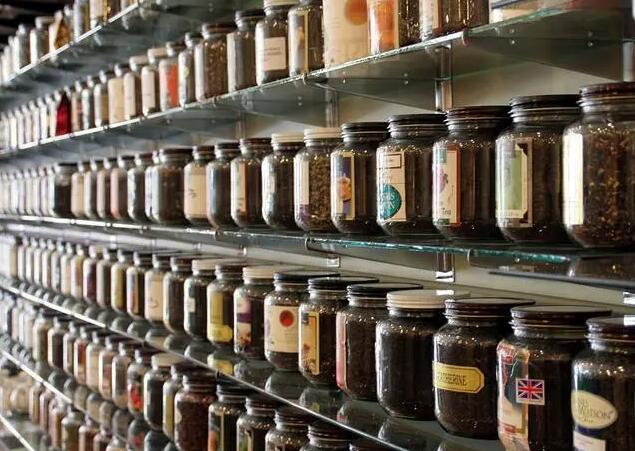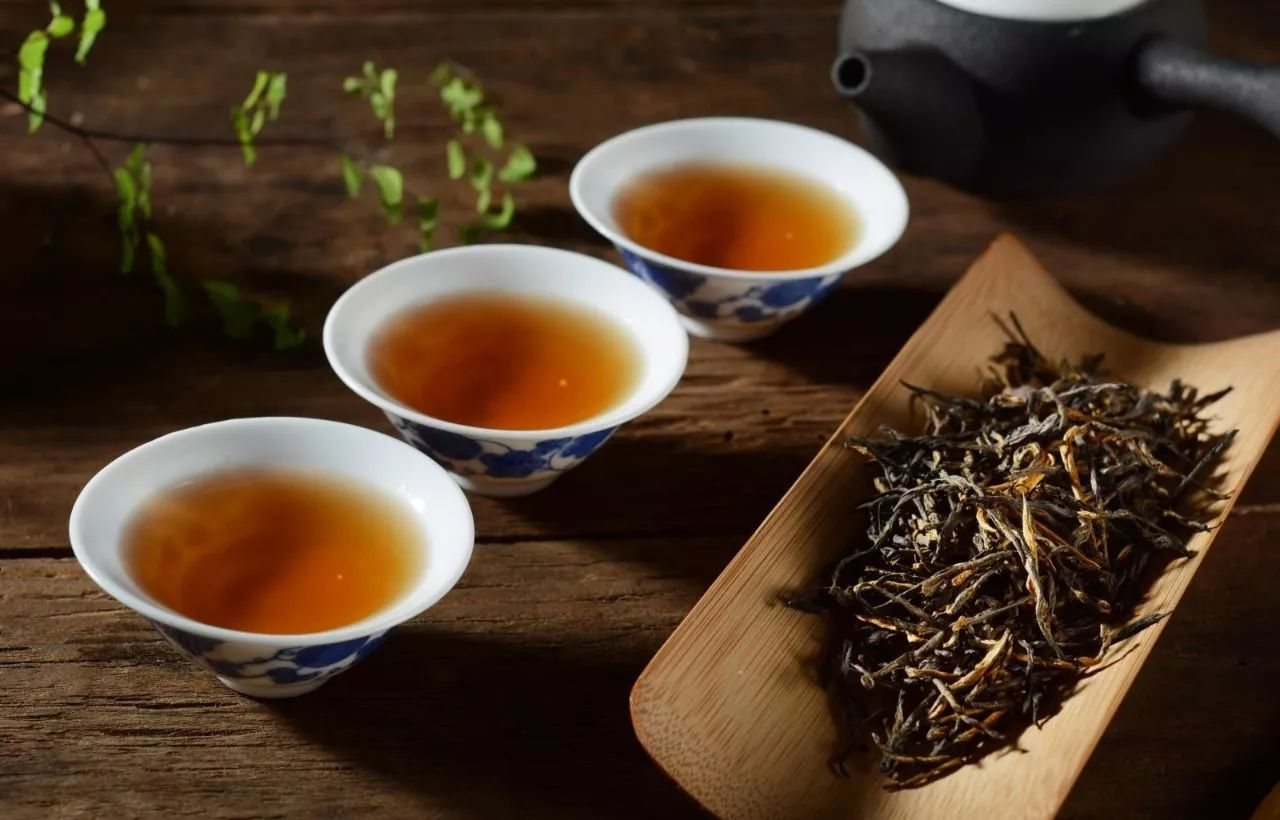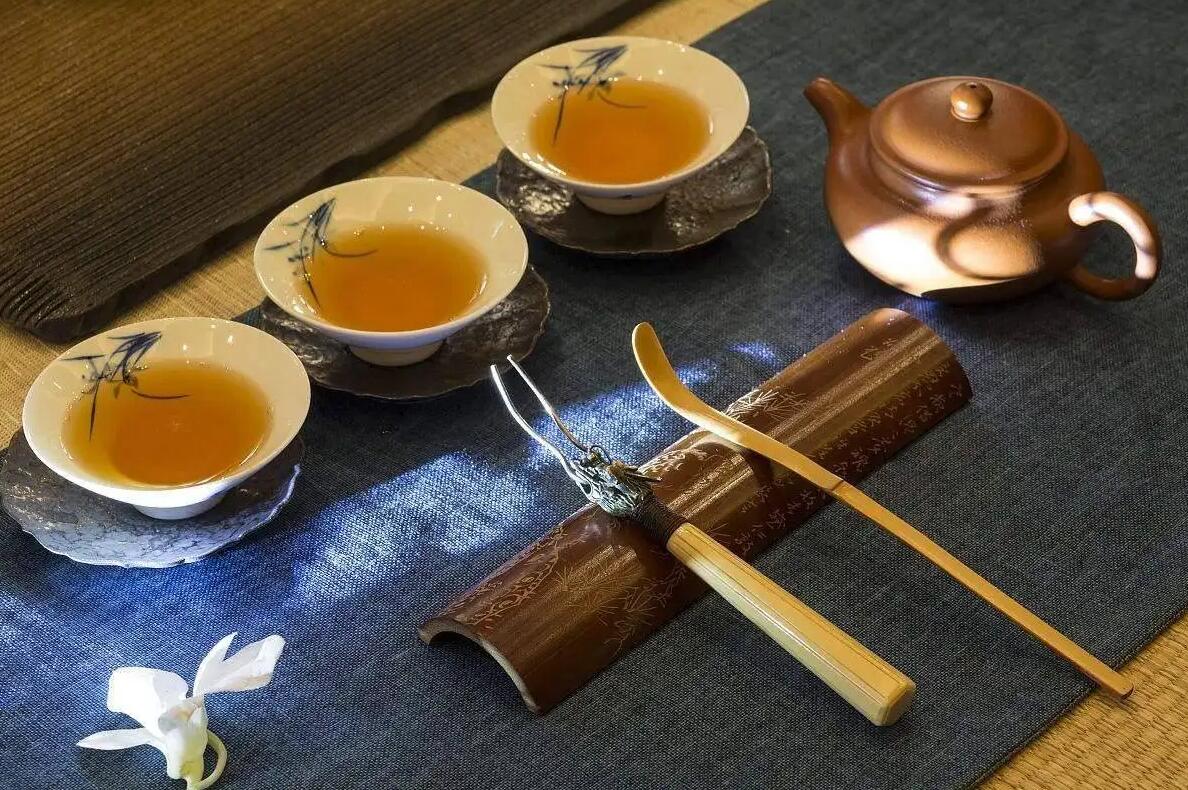Tea is an essential element of daily life in China, and, in a territory that includes almost 2.5 million acres (1 million ha) of cultivated land, it is not surprising to find that the methods to prepare tea vary from region to region. Several provinces in western China follow different customs. In Yunnan Province, for example, the Dai, Hani and Jingpo peoples ferment their tea in pieces of bamboo and then add it to vegetables. Others chew it as a snack. The Muslims of Xinjang, in northwestern China, drink their tea from a zhong and infuse it with walnuts and sugar.
China is the only country to produce all six families of tea. As the consumption of tea is based on local culture, Chinese tastes vary according to region and custom. Near Anxi, for example, in the south of the country, it is almost impossible to find anything other than Tie Guan Yin. Amazingly, even growers
who have developed prestigious harvests usually show little interest in sipping anything other than the specialty of their region.
In general, the Chinese prefer to drink green tea, and they drink it unceremoniously from a tea glass or bottle. They usually pour boiling water over the leaves - even a very high-quality vintage - then dilute the infusion when they have drunk about a quarter of the glass. Although it does nothing to develop or enhance the taste, this is by far the most prevalent practice. However; there is another way of drinking tea in China that, by paying more attention to the tea, gives far better results: preparing tea in a zhong. (The words zhong and gaiwan refer to the same object; the first is the Cantonese term and the second the Mandarin.)
THE EVERYDAY TEA BOTTLE
In China, the main utensil used for the infusion of tea leaves is the tea bottle. It can be found everywhere. Made of glass, plastic or stainless steel, it comes with a lid and sometimes a filter to keep the leaves in the bottom, so that several infusions can be made from the same leaves. And so, throughout the day, whether they are in a train, a workshop, an office or a busf the Chinese can drink their tea at will.



